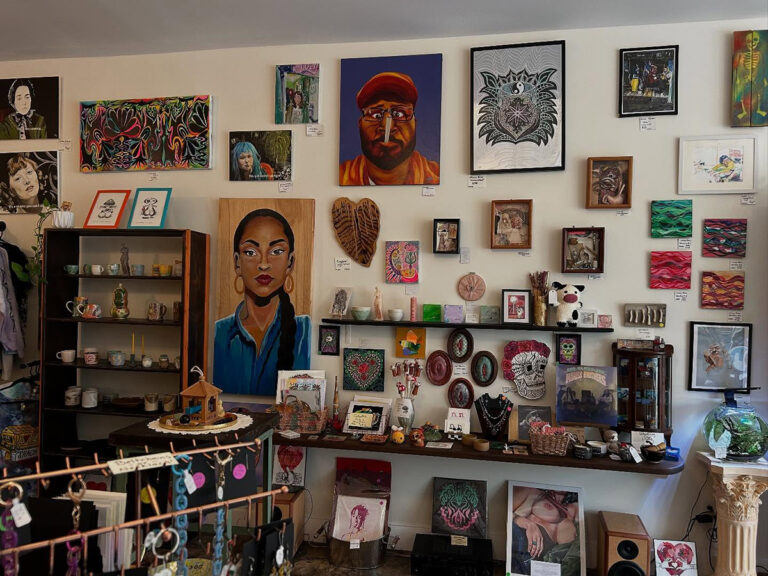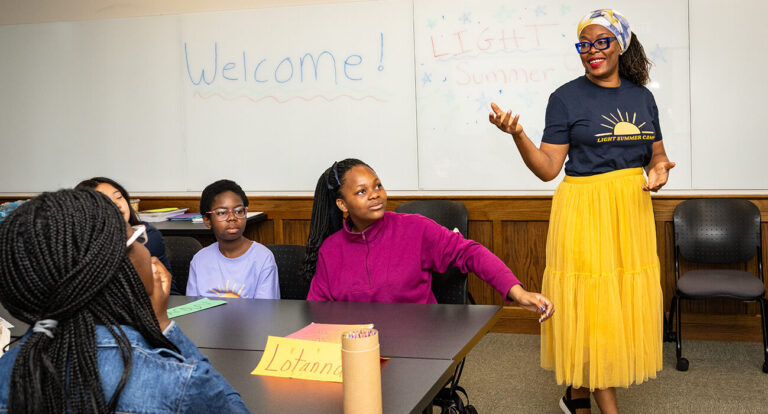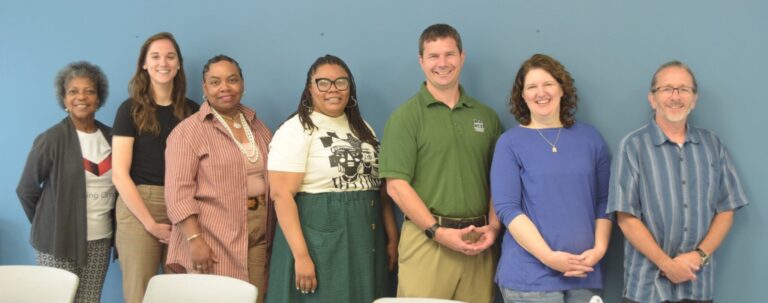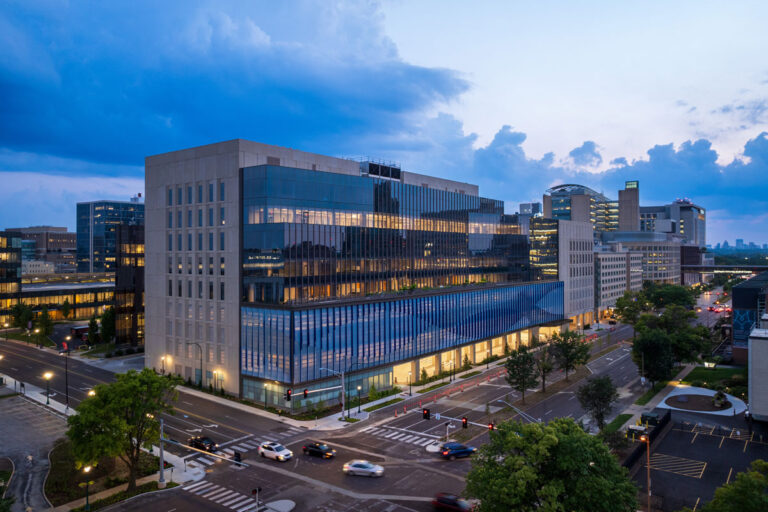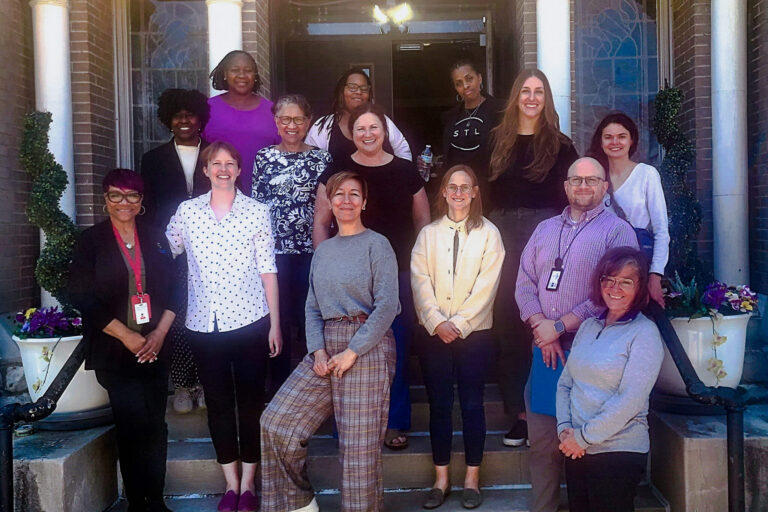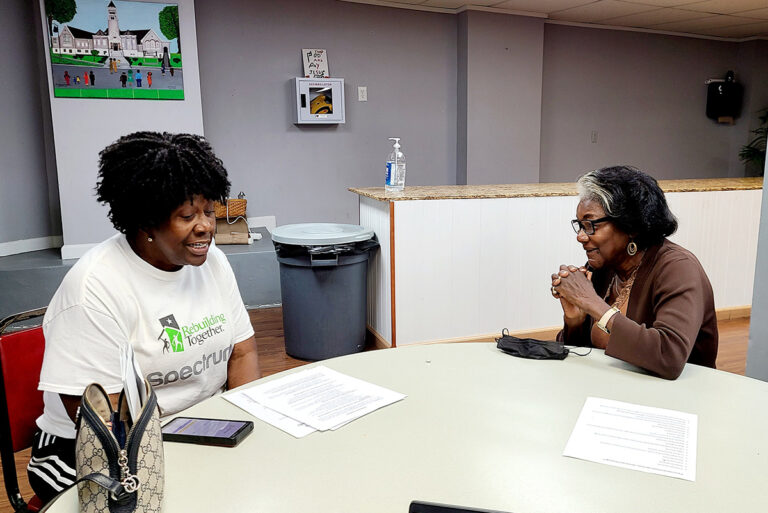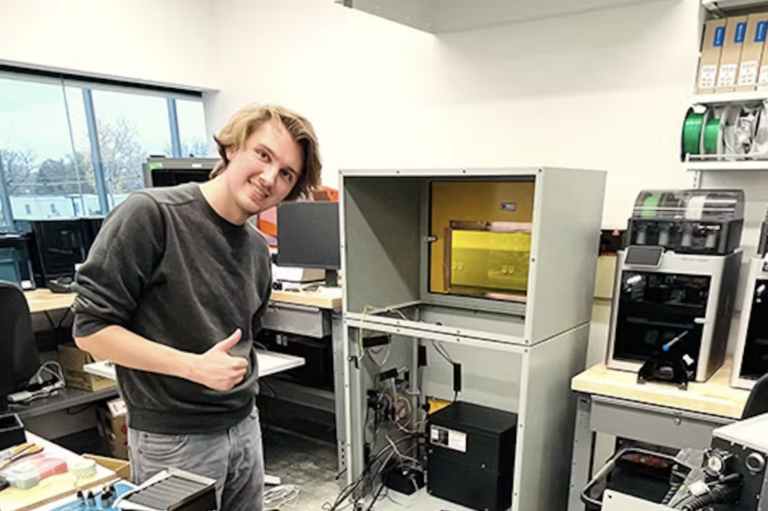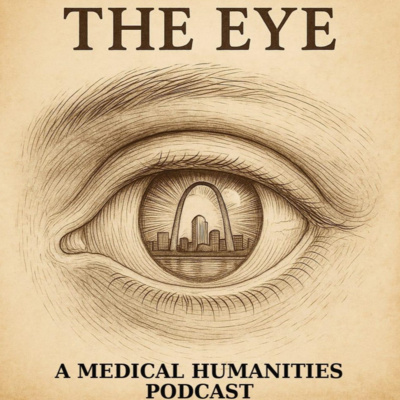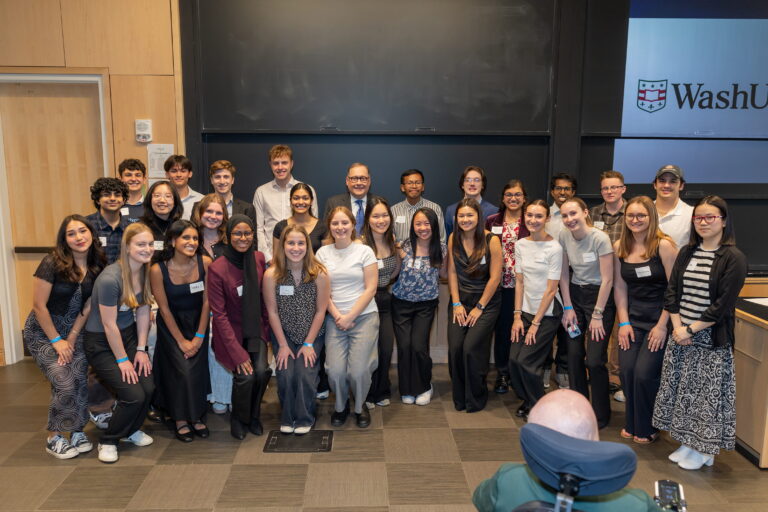Where the WashU community goes to see art in St. Louis
St. Louis is known nationally for its excellent (and free) art. Staff, faculty, students and alumni of Washington University in St. Louis are sharing their favorite places to view visual art around the region during the summer.
WashU summer camp merges art, public health education for local students
At summer camps across the region, kids are playing football, tie-dying T-shirts and building mock volcanoes. But at one WashU summer camp, local students are making art to explore an unlikely topic: public health. The LIGHT Creativity in Public Health Summer Camp encourages students to tap into their imaginations and lived experiences to create artwork, poetry and stories that communicate the importance of health and science.
Local educators to participate in WashU Summer Teacher-Researcher Program
Thirteen teachers from across the St. Louis region have been selected to work with WashU faculty members for the 2025 Summer Teacher-Researcher Program. Administered in collaboration with Washington University in St. Louis’ Institute for School Partnership, the program is designed to provide opportunities for faculty to connect with local educators and to provide professional development for area K-12 teachers.
Siteman is highest-ranked cancer center in Missouri, Illinois, and beyond
Siteman Cancer Center at Barnes-Jewish Hospital and WashU Medicine has been ranked No. 13 of cancer centers nationwide by Newsweek. The recognition — part of the news magazine’s listing of America’s Best Hospitals for Specialized Care 2025 — makes Siteman the highest-ranked cancer center in Missouri, Illinois and beyond.
TL1 Trainees partner with the CCHPR to deepen community ties in St. Louis
The Clinical Research Training Center (CRTC) TL1 program recently partnered with the Center for Community Health Partnership & Research (CCHPR) for an impactful day of community engagement. Serving as a Social Determinants of Health (SDOH) session, this four-hour retreat encouraged two-way learning and building stronger community-academic ties.
Thirteen teachers selected to participate as 2025 Summer Teacher Researchers at WashU
Thirteen teachers from across the St. Louis region have been selected to work with WashU faculty members for the 2025 Summer Teacher-Researcher Program. Administered in collaboration with the university’s Institute for School Partnership (ISP), the program is designed specifically to provide opportunities for faculty to connect in meaningful ways with educators in the broader community and to provide professional development for area K-12 teachers.
Solidarity amid tragedy: Centennial Christian Church, close community partner with WashU Medicine, plans to rebuild after a devastating tornado
On May 16, 2025, Centennial Christian Church in St. Louis, a longtime community partner of Washington University School of Medicine in St. Louis, was devastated by an EF-3 tornado. Tragically, community leader Patricia Penelton lost her life, and fellow advocate Sherrill Jackson sustained injuries. Despite the destruction, the church and its partners including WashU’s Center for Community Health Partnership & Research (CCHPR) remain committed to rebuilding and continuing their mission of service and community engagement.
Electronics transformed: Alumnus Tyler Richards goes from ‘tinkering’ to tackling complex challenges
For Tyler Richards, who earned a bachelor’s degree in electrical engineering from McKelvey School of Engineering in 2022, a high school hobby set the stage for a career with purpose. Richards’ business, uFab, was one of three St. Louis startups to receive a $50,000 WashU Venture Network Follow-on Investment through a partnership between the Skandalaris Center and the “In St. Louis, For St. Louis” Initiative. The investments support ventures that are ready to scale and show promise to make a meaningful impact in the St. Louis region.
Introducing ‘The Eye: A Medical Humanities Podcast’
Launched May 12, “The Eye” reflects WashU Professor Rebecca Messbarger’s commitment — as co-founder and former director of the medical humanities minor in Arts & Sciences — to engaging students in community-facing projects that bridge humanistic inquiry and public health. “While our subjects will vary, along with the angle and intensity of our vision, we will always begin where we live: in the city of St. Louis,” said Messbarger, who also has an appointment in WashU’s School of Public Health.
WashU Philanthropy Lab course grants $71K to STL orgs
On Thursday, April 24, a closing ceremony event for Philanthropy Lab — a WashU Sociology course co-sponsored by the Gephardt Institute — granted $70,900 among 22 local nonprofit organizations. That’s in addition to $62,500 already granted to St. Louis nonprofits in 2025 via the course, which was championed by former students of the course who were “ambassadors” with the national The Philanthropy Lab organization.
